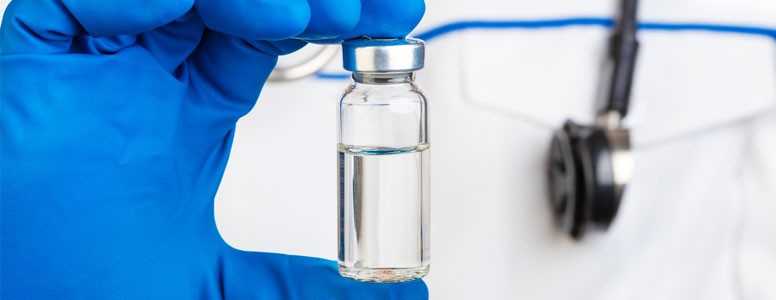An Australian toddler has become the youngest child in the world to receive her own blood cord. Lucy Hinchio, aged 20 months, received the infusion to help prevent or delay the onset of type 1 diabetes.
This operation is part of a five-year study at The Children’s Hospital in Sydney, with researchers hoping that stored umbilical cord blood could become a groundbreaking type 1 diabetes treatment.
The cells found in umbilical cord blood are called regulatory T cells (Tregs), which are being widely explored in a number of studies to treat type 1 diabetes and other conditions.
Lucy became involved in this study because her mother, Sonya, stored her blood from birth with the aim of one day helping her seven-year-old sister, Ava, who was diagnosed with type 1 diabetes aged three.
Ms Hinchion told the Australian Associated Press that she never stored Ava’s blood because the family had no history of type 1 diabetes.
When Lucy recently tested positive for two antibodies that indicate type 1 diabetes development, all of her frozen cord blood was used in a 20-minute procedure at the Children’s Hospital.
“I think as treatments go, it is one of the easiest and most straightforward things you can do,” said Ms Hinchion.
“You’re putting all your eggs in one basket but without doing this trial and without putting yourself out there, we’re never going to learn. The other risk is, Lucy develops diabetes and you’ll kick yourself for not trying.”
Umbilical cord blood can be stored for up to 24 years, and Ms Hinchion said it was “no-brainer” for Lucy to have this procedure which could “at the very least, buy her a few years” before diabetes develops.
Of course the infusion could help Lucy avoid type 1 diabetes altogether, and lead author of this study Professor Maria Craig has planned ongoing follow-up with Lucy every three to six months over the next three years to evaluate her development.
More than 100 Australian children with a family history of type 1 diabetes are currently being screened in the Cord Reinfusion in Diabetes (CORD) study.
What's new on the forum? ⭐️
Get our free newsletters
Stay up to date with the latest news, research and breakthroughs.






